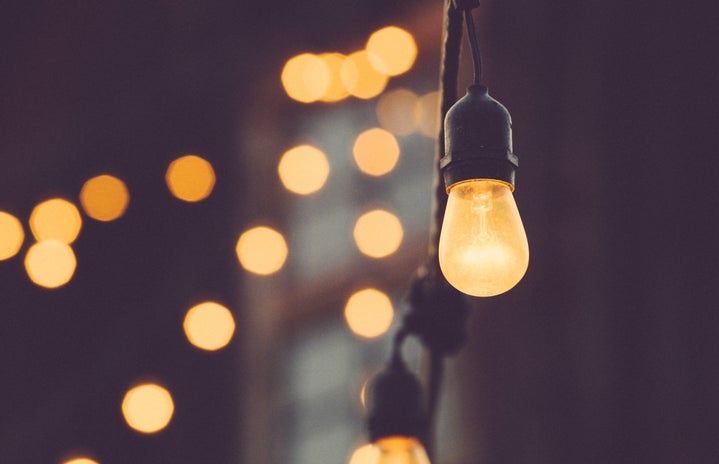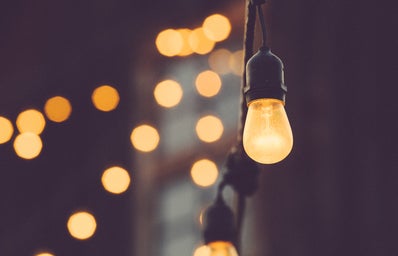When audiences watch films, television-shows or their Facebook newsfeeds, what is the portrayal of women of color that they see? In this modern society, people hold their own opinions about what they think of different groups of women based on race, ethnicity, culture or religion. Too often I see myself and others portrayed as something that isn’t real but it leaves me wondering why I continuously see this archetype of a human being. I interviewed five women of color at Wells College including Taiwanese, Pakistani, African-American and Colombian women to see what their thoughts were on this matter and what they wanted the world to know. Here’s what they had to say:
“I couldn’t tell you a woman in media that is Taiwanese, so I just go for any type of Asian I can find in the media. Asian women are usually sidekick characters to a white lead or a love-interest. When they’re a love-interest they’re always docile, super exotified and these pretty little china-dolls. I just wish there were more strong, Asian women that weren’t strong in the sense that they were a ninja or a warrior.” – Annabelle Lee ‘18, Taiwanese-American
“We’re terrorists, they assume that I’m Muslim, they assume my ethnicity. There’s just a lot of assumptions because it’s not clear. There’s also an assumption that the women have to be covered, whether that’s their hair, their face, or their clothes.” – Amber Husain ‘18, Pakistani-American
“I’m not a reflection of cultural misconceptions or a stereotypical way of your beliefs. I’m very much my own person. People believe they’re [Pakistani women] very submissive. That they’re quiet and intelligent, but they’re looked down upon if they seem too confident or too sure of themselves.” – Nida Khan ‘18, Pakistani-American
“People like Beyonce, Cardi B, and Nicki Minaj are fetishized even though people like Lupita [Nyong’o] and Viola [Davis] are isolated in their craft, and it’s like ‘they’re pretty for a dark-skinned woman.’ I want people to know that black women come in various shapes and sizes, as well as colors and everyone needs to be represented. Don’t fetishize us because of the color of our skin. Don’t assume that we’re angry, because we’re proud. It took us a long time to be happy about the skin that we’re in and about the culture that we’re still trying to revive. We want better roles in representation. There are no plus-size, black women models either.” – Stephanie Moore ‘18, African-American
“I constantly see this perpetuating idea that Latin women, specifically Colombian women, marry old, white men for their money and for security in the country. There’s also this idea that every Colombian has ties to the cocaine trade and that’s seen as a joke. In terms of media, there’s an over-glorification of what’s happening in South America and I think it has a lot to do with a disconnect with North Americans with this idea that it’s just paradise. The government and communities aren’t safe and police are bought and paid for. Femicide in South America is huge. Latin bodies are only pretty when we’re wearing red lipstick, it’s the only time they want to look at us. When we wear red we matter, when we bleed red we don’t.” – Mya Padilla ‘19, Colombian Puerto Rican & Ecuadorian-American
Understandably, these five women at Wells College cannot speak for every woman within their race, ethnicity, culture or religion. However, these anecdotes do give some insight on what it means to be judged based on what one’s background might be. It shows us that diversity should be embraced because it is beautiful and is unique in and of itself.


